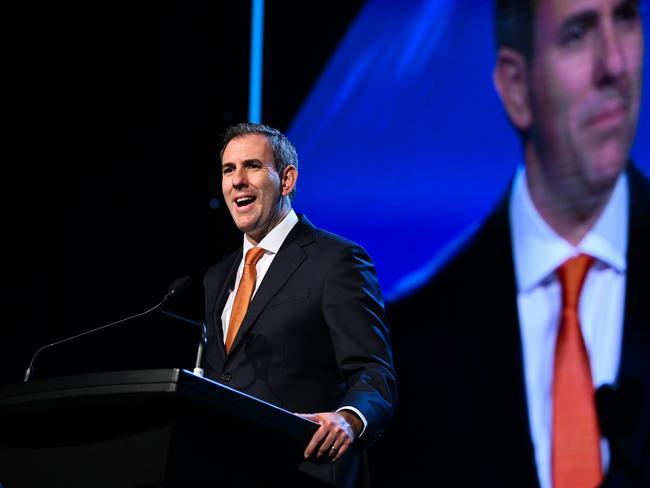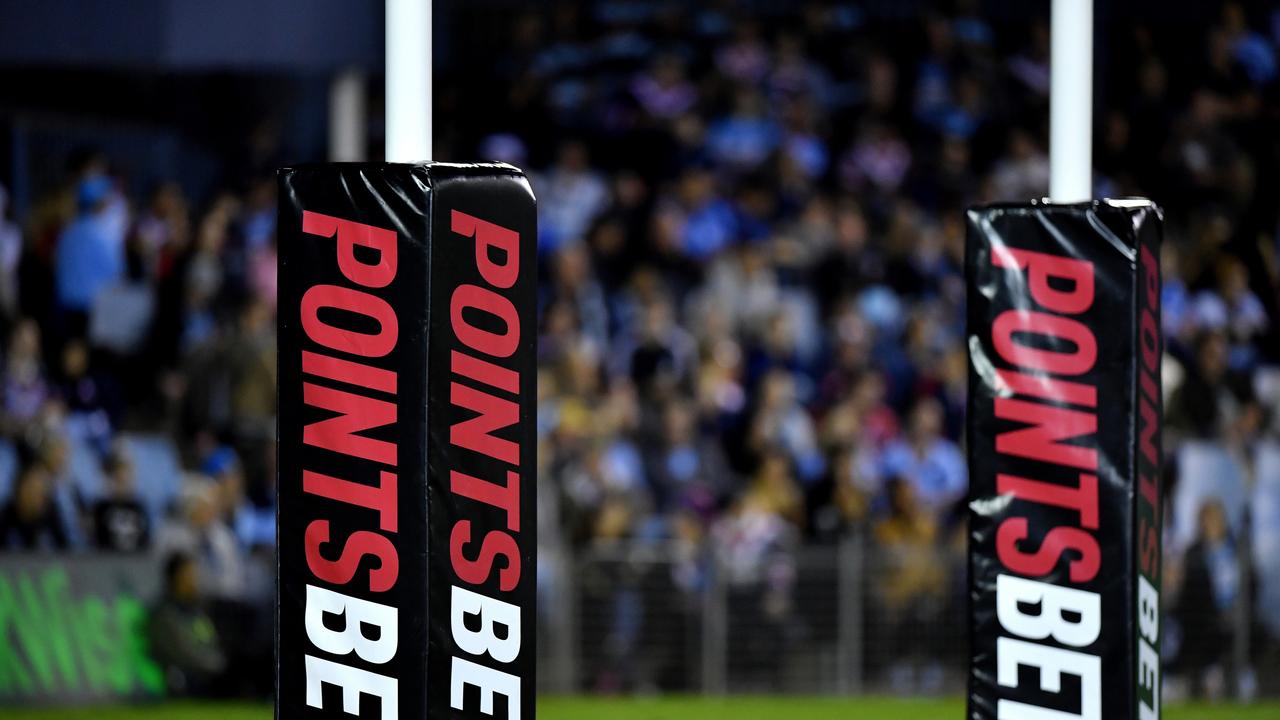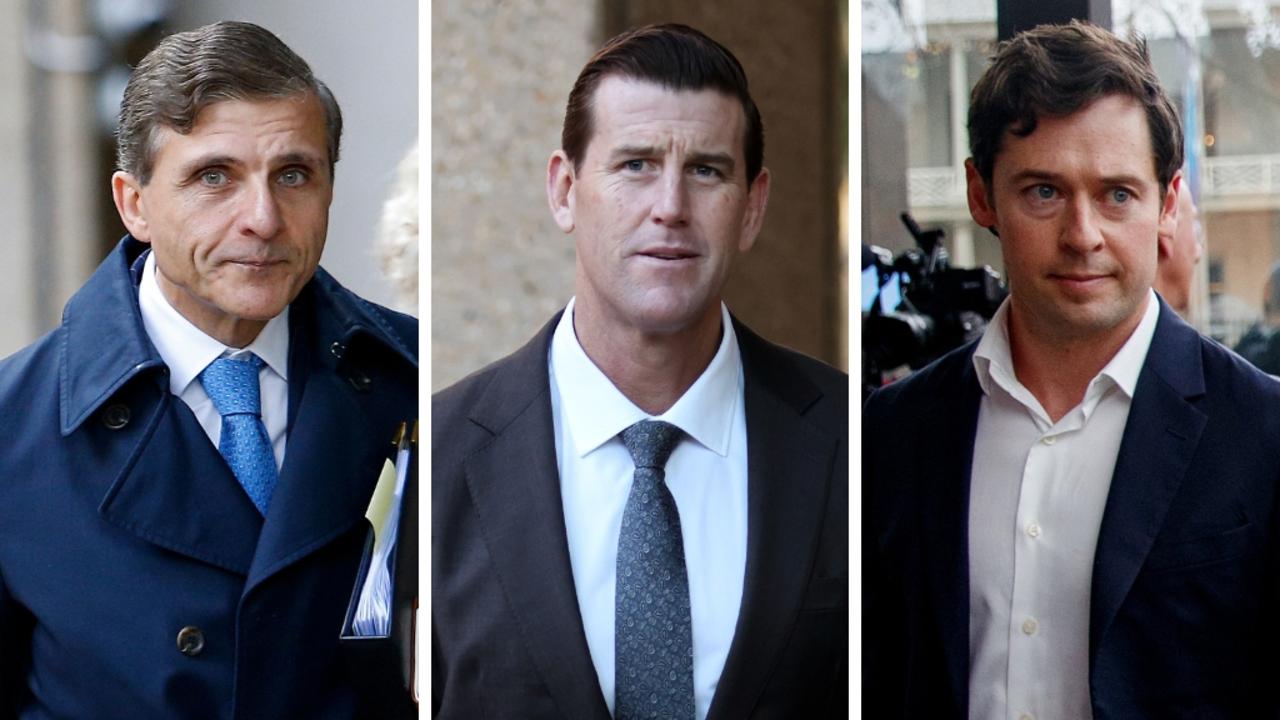
Current governor Philip Lowe has been fortunate in being able to pursue an Australian interest rate policy at levels that are markedly below those countries that compete with Australia for funds.
Whether you compare current interest rates or those that are projected by the market, Australian rates are markedly below the US, Canada, the UK, and New Zealand.
Australia desperately needs to be able to have what the world regards as a low-interest rate policy because of our unique mortgage stress position that was created by our regulators allowing banks to go on a mortgage lending spree during Covid-19 at market interest rates – which were then very low.
The community effect of higher rates on that excess lending now threatens to create a very severe downturn if interest rates rise too high.
In normal circumstances, if Australian interest rates were markedly below other leading countries, our dollar would be trashed – forcing up inflation and making our interest rates come into line with the rest of the world.
Since February our dollar has fallen about 6 per cent, which is manageable – but another 6 per cent fall would create a totally different inflationary story given our dependence on imports.
The reasons the world money markets give Australia an interest rate concession are complex.
One is that global markets actually have faith in the determination of Lowe to be able to deliver his low inflationary targets.
If the government appoints a Reserve Bank governor who is seen as populous or a RBA board that succumbs to community pressure, then global money traders will start considering a raid on the Australian dollar.
Another force protecting the dollar in recent times has been high iron ore and gas prices, which have delivered an avalanche of money and tax revenue, helping to send the budget into surplus.
That commodity driven money inflow is very much dependent on China, and right now the Middle Kingdom is struggling with deflation.
Many of its young graduates a coming onto the labour market are finding it very difficult to find worthwhile career employment.
The property boom collapse in China has hit consumer and business confidence.
China’s leaders did not understand how dependent China was on property.
Consumer spending is naturally depressed, and many industries are also being affected by reduced demand from the US.
The Chinese traditional answer whenever it has faced a downturn is to pump money into infrastructure spending, and that spending creates a big demand for our iron ore and coal.

And right on cue, China is now stirring the infrastructure spending cauldron and there is a general expectation in currency markets that history will repeat itself.
Australia says thanks.
But some of the reports coming out of China are casting doubt whether another round of infrastructure spending will stimulate an economy where consumer confidence has been hit and the population figures are starting to decline.
On the other hand, Australia’s “lucky country” syndrome is re-emerging.
Australia stands to benefit from demand for a range of minerals linked to electrification, but if those rewards are to be swift it will require a lot more mining investment and a fast streamlined approval process.
Very little of that is currently on the horizon.
We have elected a government that is determined to lift mining costs and lower productivity via industrial relations legislation.
It couldn’t come at a worse time, and we may miss out on the investment.
But there is good news which is helping share markets.
There are clear signs that the US inflation rate is falling and if that keeps up then the US will be able to pause interest rate rises.
But in any inflationary battle, the hardest yards come in trying to reduce inflation from around the four per cent level to around 2 per cent.
That may require the US to persist with high rates for a longer period than anticipated, which will multiply the dangers to Australia if China does not deliver.
Whenever a nation’s interest rates go out of line with the rest of the world, the currency is in danger, and those dangers can be manifested very quickly.
Traders are constantly scouring the world looking for anomalies and currency weakness.
To insulate ourselves, we to encourage overseas investment in major mining projects and manufacturing exercises like the German defence deal.
But we are not good at accelerating mineral development timetables or abandoning industrial relations cost boosters.
The new RBA governor will need to be watching the markets every day in case our currency is subjected to a raid.








One of the biggest issues that the new Reserve Bank governor will need to face is the dangers facing the Australian dollar.